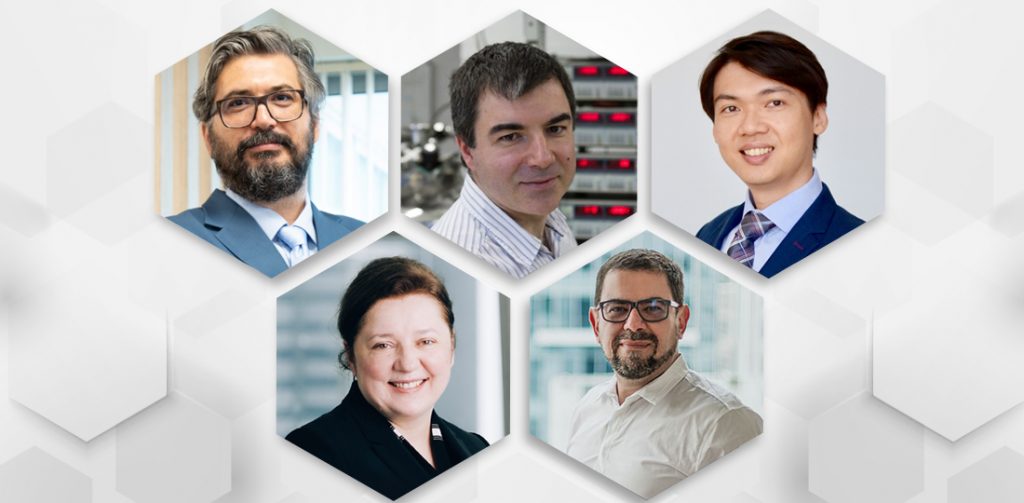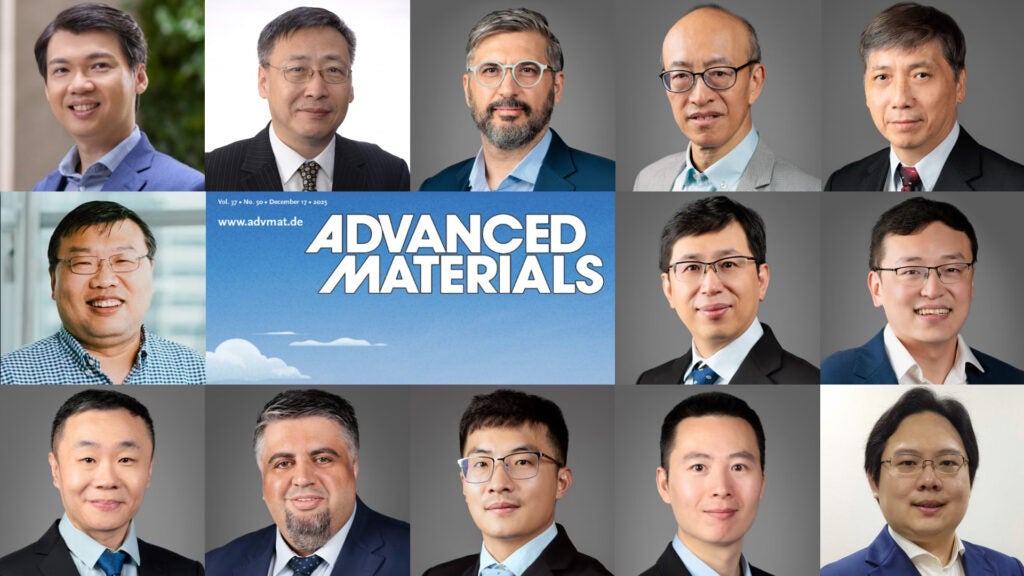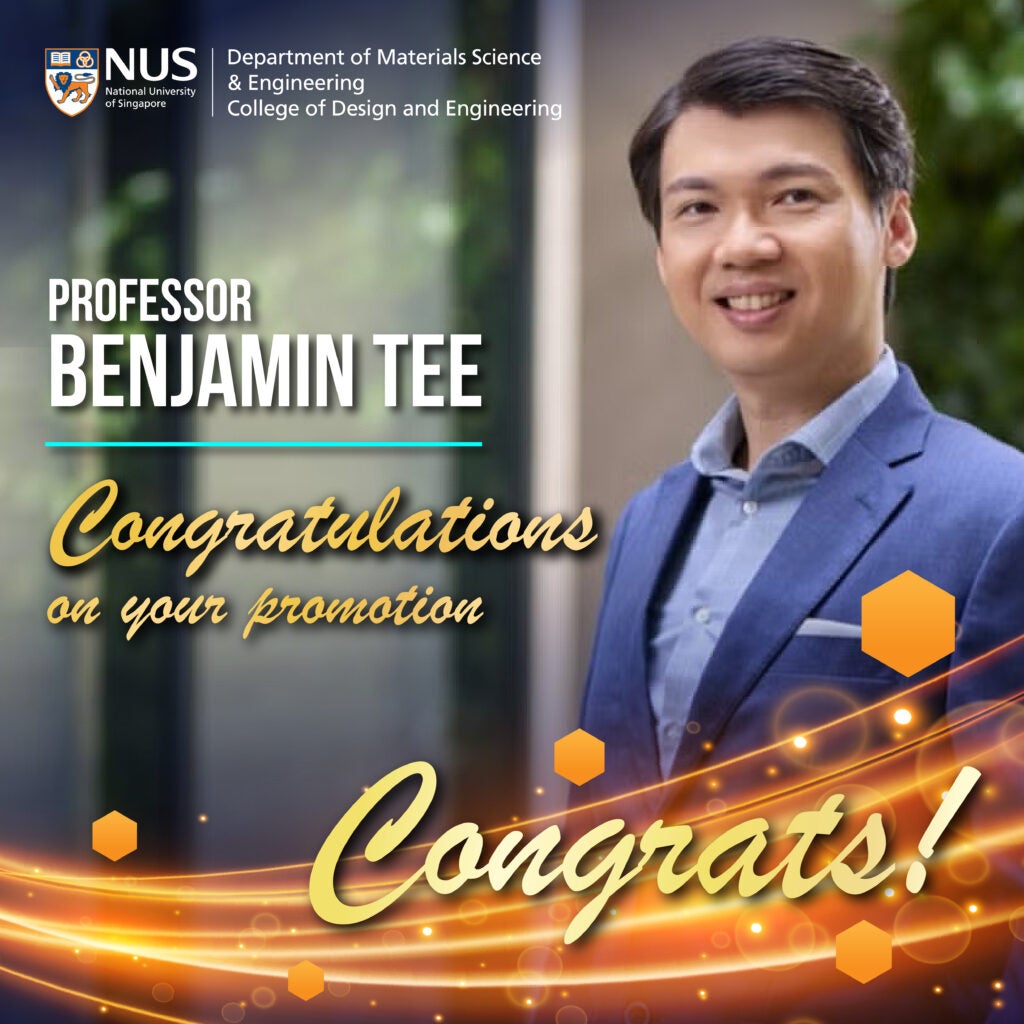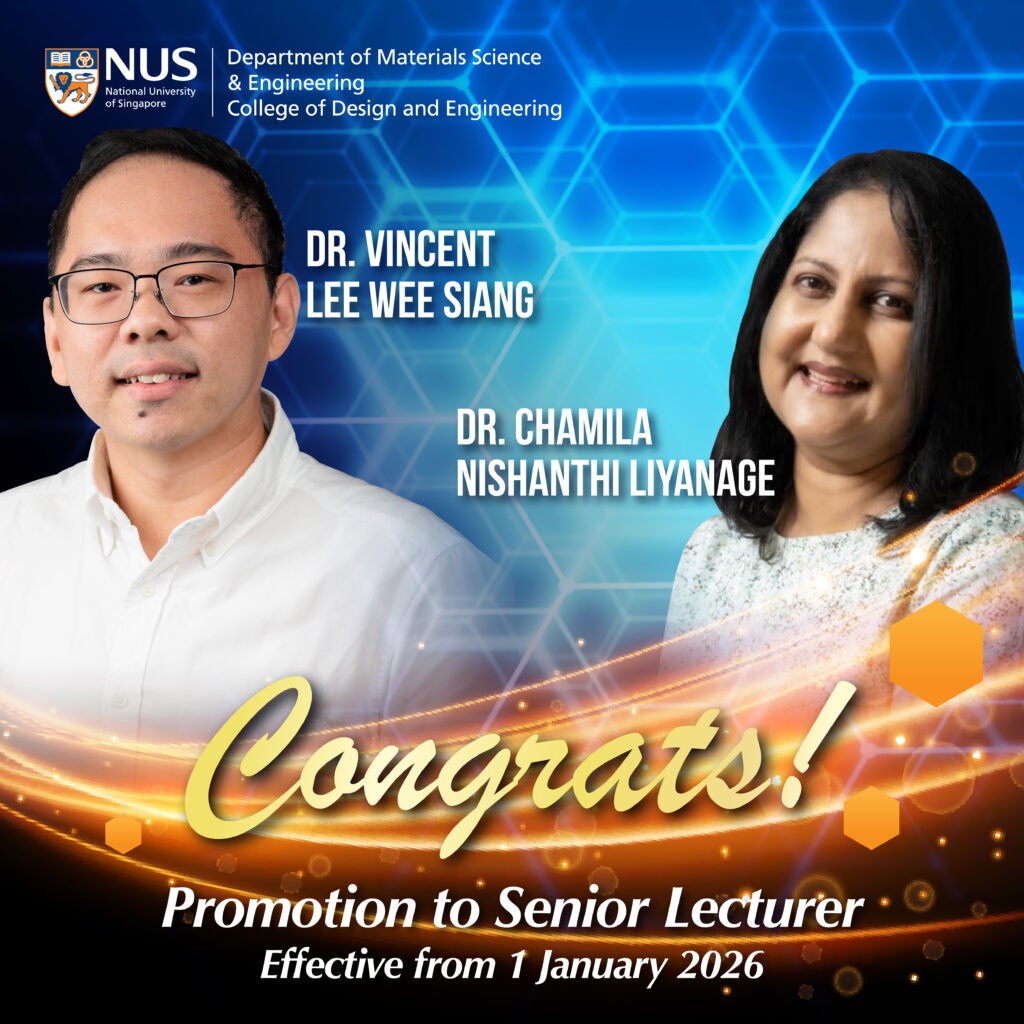
In the Nature Index 2021 Materials Science supplement published on 30 June 2021, NUS was placed 7th in the world for its materials science research output. This prestigious supplement examines how researchers are rethinking the nature and potential of materials to drive advances in manufacturing, drug discovery, product design, and more. NUS is the only university from Singapore in the Top 10 of the Index. We welcome scientists from all over the world to work with us through interdisciplinary research collaborations.
Highlights of some MSE pioneering scientists and their innovative research:
Among his many research interests, the Head of NUS Materials Science and Engineering, Professor Barbaros Özyilmaz, is focussed on accelerating the widespread adoption of graphene and other 2D materials into industry. Through his cutting-edge research, Prof Özyilmaz recently discovered that 2D materials could be synthesised in such a way that they are amorphous films rather than crystals. This breakthrough is a leap forward in making 2D materials generally viable for industrial applications.
Professor Novoselov is a Nobel Prize-winning scientist, specialising in the areas of condensed matter physics, mesoscopic physics and nanotechnology. His latest research combines 2D materials and the principles which govern living matter, to develop new functional intelligent materials with bespoke properties. These bio-inspired materials could have applications in everything from artificial neural networks to smart membranes.
Prof Castro Neto, who is also a Distinguished Professor at NUS Physics and NUS Materials Science and Engineering, as well as a faculty member at NUS Electrical and Computer Engineering, is an expert in all aspects of graphene. He recently led a team to create a new class of intelligent materials that has the structure of a 2D material, but behaves like an electrolyte. Known as “2D-electrolytes”, the materials could open up a new way to deliver drugs within the body as well as other exciting applications.
President’s Assistant Professor Benjamin Tee is a widely recognised innovator in the area of biomedicine. His research focusses on exploiting novel materials and fabrication techniques to create new flexible and stretchable electronic sensor devices. These devices can be used in a variety of applications from human-machine interfaces to biomedical uses. His current research is advancing state-of-the-art smart electronic skin materials that can sense the environment. In addition, these flexible ‘electronic skins’ can self-heal, just like real skin. This autonomous self-repair capability also provides a new way for electronic devices to withstand damage. He recently led a team to develop a new material known as artificially innervated foam, or AiFoam, which can mimic the human sense of touch, sense nearby objects without actually touching, and repair itself when damaged.





